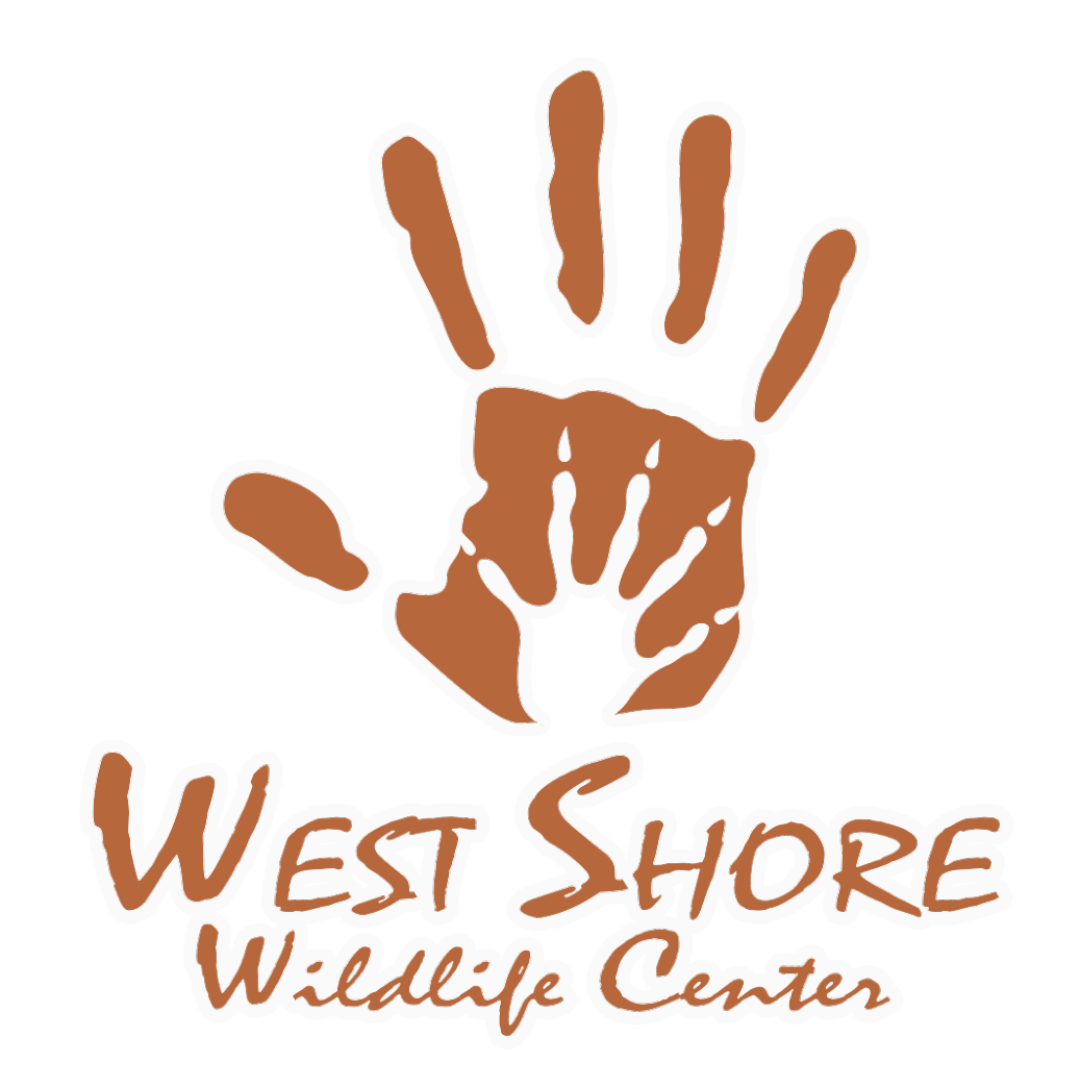
Living With Opossum Neighbors
If you find a sick, injured or orphaned opossum, learn what to do here!
Here are some common areas of conflict when you have opossums as neighbors. Opossums provide many environmental services like eating ticks! Opossums are also clean, docile and not confrontational. They are often misunderstood and rarely cause conflicts with humans.
How Can I Get an Opossum To Leave My Yard?
The short answer is just to wait! Opossums wander across large territories their entire lives, and they will not be in your backyard long. Make sure to remove food sources (trash, cat food, bird seed) or opossums will continue to come back every night. If an opossum is sleeping under your shed or in an outdoor pet house, wait until night for the opossum to leave. Once the opossum is gone, seal any openings you want to keep safe. Opossums carry their babies with them each night, so you don’t have to worry about babies left behind!
If an Opossum Is Out in Daytime and Drooling, Is It Rabid?
Due to their low body temperature and other physiological factors, it is rare for opossums to get rabies compared to other mammals. Opossums are known to drool when they are “playing possum.” It is also common to see nocturnal animals out in the daytime. Specifically for opossums, it’s normal to see them in daylight during winter when food is scarce and in summer when mothers have babies to feed.
What Should I Do if I Have a Horse Barn and Opossums Are Around?
It is possible for opossums to transmit a disease called Equine Protozoal Myeloencephalitis (EPM) to horses. This disease is caused by a parasite. Transmission can occur if an opossum carrying the parasite sheds eggs in its feces and a horse consumes contaminated food or water. Opossums, raccoons, skunks and domestic cats can all carry the parasite. However, the number of opossums shedding eggs or carrying the parasite is low and not every horse that is exposed to the parasite develops EPM. The best way to prevent contamination is to make sure food storage is secure and to regularly change or at least inspect water bowls. You can also wildlife proof your barn to further prevent carriers from entering — read more about wildlife proofing your spaces here.
Do you still have questions after reading the information above? Contact us or a local wildlife rehabilitator!
Have you found this FREE information helpful? Help support our work and expand our services by giving a gift.
Resources
Answering the Call of the Wild by Erin Luther. Toronto Wildlife Centre
Behavior of North American Mammals by Mark Elbroch and Kurt Rinehart. Peterson Reference Guide
Problems with Opossums. Connecticut Department of Energy and Environmental Protection
Wild Neighbors: The Humane Approach to Living with Wildlife by John Hadidian. The Humane Society of the United States



